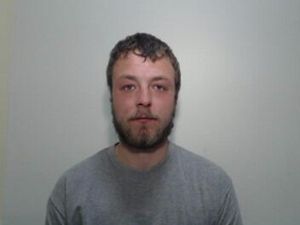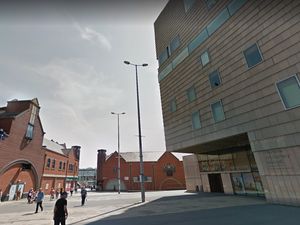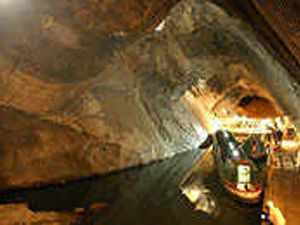Transgender people encouraged to become Church of England priest
Transgender people in Staffordshire and the Black Country are being encouraged to become Church of England vicars as top clerics launch a new initiative.
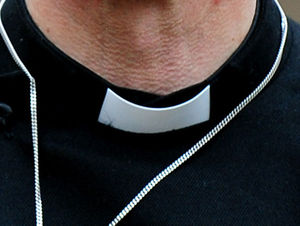
Bishops in the diocese of Lichfield have issued new guidance in a letter to parishioners and clergy reminding them that LGBT people 'can be called to roles of leadership and service in the local church'.
The guidance, titled 'welcoming and honouring LGBT+ people', warns that the church's reputation as being unwelcoming towards gay and transgender people is causing young people to stay away.
It is signed by the Rt Revds Dr Michael Ipgrave, Clive Gregory, Geoff Annas and Mark Rylands, the bishops of Lichfield, Wolverhampton, Stafford and Shrewsbury respectively.
They say: "We very much hope that they, like everyone else, feel encouraged to serve on PCCs, or as churchwardens and worship leaders, for instance, and are supported in exploring vocations to licensed lay and ordained ministries.
"Nobody should be told that their sexual or gender identity in itself makes them an unsuitable candidate for leadership in the Church."
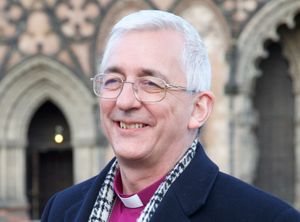
They also warn against "intrustive questioning about someone’s sexual practices or desires, or their experience of gender", saying it is "almost always inappropriate".
It is understood that other dioceses are doing work along similar lines to Lichfield.
Last year the Church released new guidance about homophobic and transphobic bullying in its 4,700 schools.
Progressive groups within the church welcomed the move. OneBodyOneFaith, which works to promote LGBT inclusion, called the guidance 'encouraging'.
Chief executive Tracey Byrne said: "Much of what the bishops say, shouldn’t really need saying, but sadly it does.
"Only this week we heard from a gay couple in another part of the country whose vicar has told them they can’t serve on any church committee, and we know too of couples whose vicar has refused to baptise their children.
"The kind of intrusive and abusive questioning of individuals condemned in the letter really does happen.
"People feel ashamed, hurt and confused when they encounter this kind of behaviour from people in positions of power and authority. It’s an affront to the gospel, and deeply damaging of individuals.”
In April the bishops joined forces on an immigration amnesty for people who moved to the UK from the Caribbean before 1971, known as the Windrush Generation, now worried about their futures in the face of a tough government stance on the issue.
They urged people to sign a petition in calling for an amnesty.

